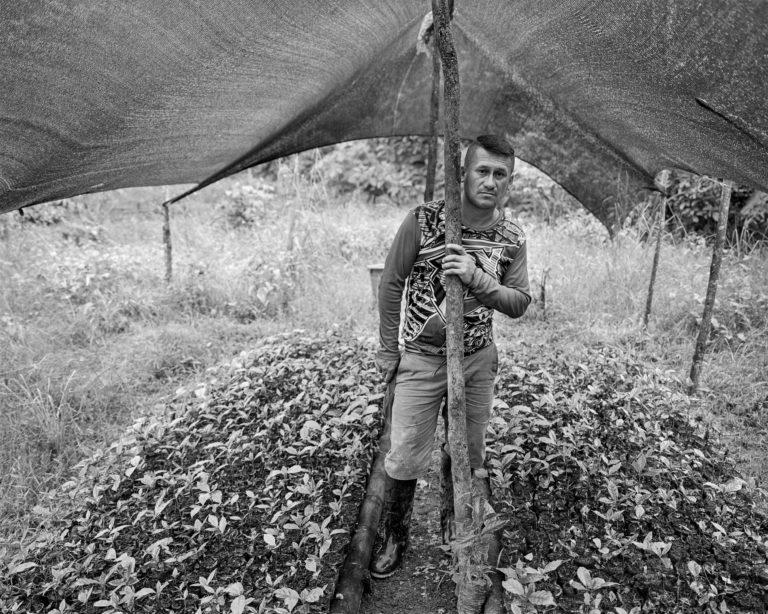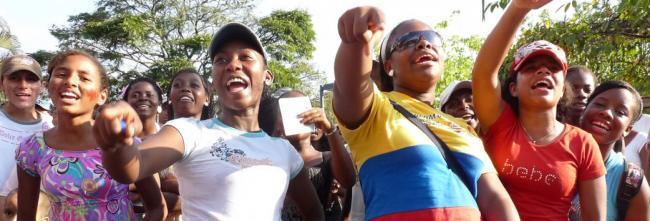The Red de Mujeres del Caribe roots its peacebuilding efforts in what it calls the “built knowledge” of Caribbean communities, not in policies written at a desk in Bogotá or Havana or Oslo. In summits and workshops, the network’s organizers emphasize the authority of local women, acknowledging them as uniquely capable of understanding the current political moment. Their writings theorize the importance of “senti-pensar” (“feeling-thinking,” a decolonial feminist term referring to the validity of lived experience and affect as a source of knowledge production) in peacebuilding and conflict transformation, in contrast to what a 2017 statement by several Caribbean women’s and LGBTI organizations calls the “modern/colonial” model of “knowledge production and social classification that exploits the bodies-lives of women and other subaltern groups.”


